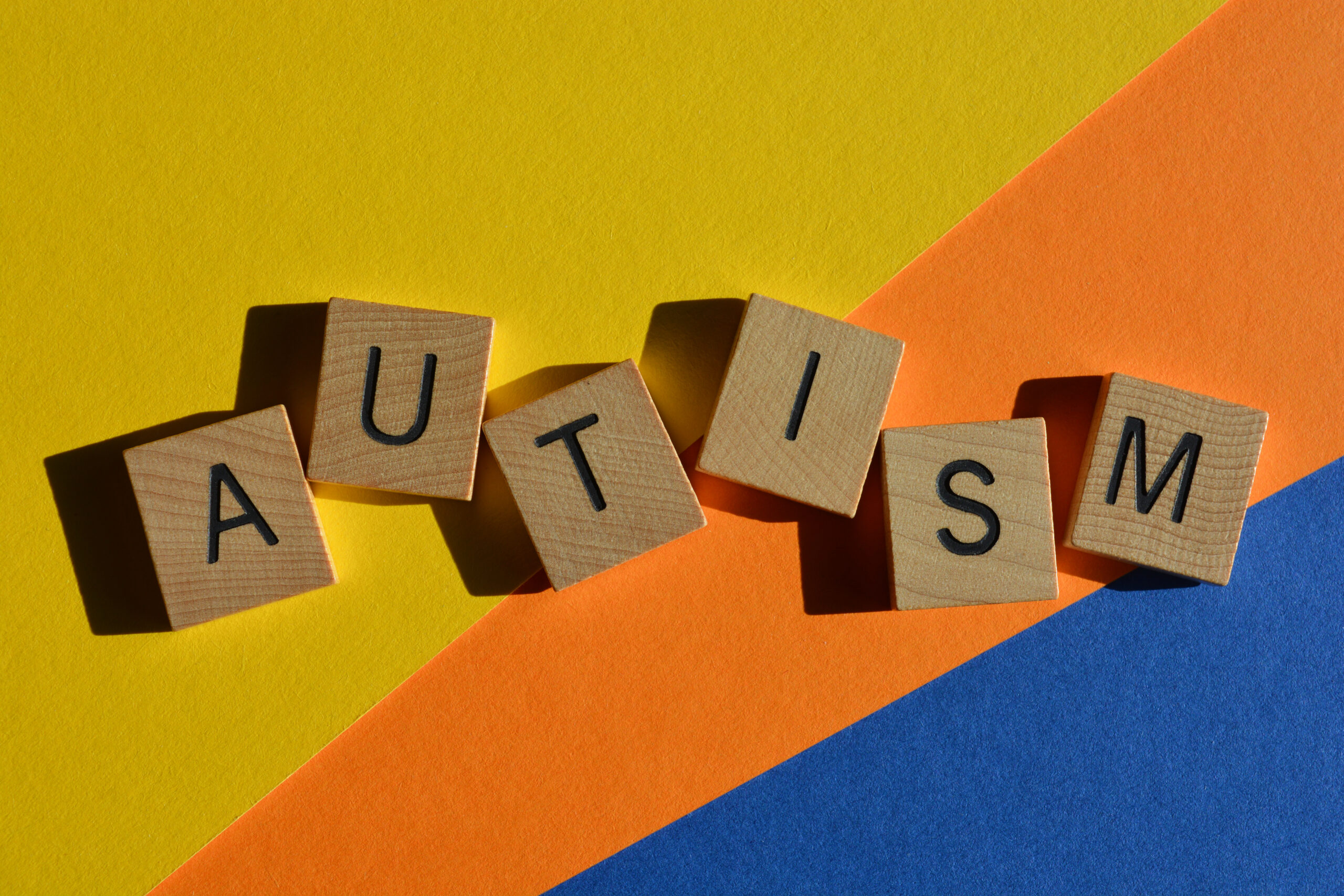Mild autism is a term commonly used to describe individuals who exhibit relatively mild symptoms of Autism Spectrum Disorder (ASD). While it is important to note that “mild autism” is not an official diagnostic category in the Diagnostic and Statistical Manual of Mental Disorders, Fifth Edition (DSM-5), it serves as a way to understand individuals who fall on the milder end of the autism spectrum.
To add here that the severity of ASD is determined by the level of support needed in social communication, restricted and repetitive behaviors, and sensory differences. Individuals with mild autism may experience challenges in social communication, such as difficulties initiating and maintaining conversations, understanding non-verbal cues, and grasping social norms.
What is Mild Autism?
Understanding the symptoms associated with mild autism can help in identifying and supporting individuals with this condition.
Social communication difficulties are one of the common symptoms of mild autism. Individuals may find it challenging to initiate and maintain conversations, understand nonverbal cues such as facial expressions and body language, and grasp social norms such as taking turns in a conversation. Sarcasm, irony, and jokes might be difficult for them to comprehend.
Restricted and repetitive behaviors are another characteristic of mild autism. People with this condition may engage in repetitive movements like hand flapping, repeat certain phrases, or have a strong preference for routine. Disruptions to their established routines can cause distress or anxiety.
Many individuals with mild autism experience sensory processing difficulties. They may be hypersensitive or hyposensitive to sensory input such as sounds, touch, taste, or smell. Loud noises or bright lights can overwhelm them, leading to discomfort or distress.
Narrow interests are also common among individuals with mild autism. They may develop intense and narrow interests in specific topics or activities, often focusing on a particular area to the exclusion of others. Their knowledge in their area of interest can be extensive, and they may frequently engage in conversations related to it.
Executive functioning difficulties are another aspect of mild autism. Executive functioning refers to cognitive processes involved in planning, organizing, and completing tasks. People with mild autism may struggle with planning and organization, exhibit inflexibility, and find it challenging to shift attention from one task to another.
Anxiety and depression are often experienced by individuals with mild autism. Social situations may cause high levels of anxiety, and they may have difficulties with sleep, eating, and managing their emotions.
Examples of mild autism symptoms can include a child who struggles with making friends, understanding social cues, and has intense interests in specific subjects like dinosaurs or trains. An adult with mild autism may have difficulty adapting to changes in routine, feel overwhelmed in crowded or noisy environments, and struggle with time management or organization.
Early intervention has been shown to be beneficial for individuals. Social skills training, occupational therapy, and speech therapy are among the interventions that can assist in addressing their specific challenges. It is essential to note that not all individuals with mild autism will exhibit all of these symptoms, and the severity of symptoms can vary widely from person to person. Additionally, many individuals with mild autism possess strengths that can compensate for some of these challenges, such as strong memory skills, attention to detail, or creativity.
Understanding and supporting individuals with mild autism requires awareness, acceptance, and appropriate interventions that can help them lead fulfilling lives and reach their full potential.
Also read: 8 common Characteristics of High Functioning Autism
About Olga Sirbu
My name is Olga Sirbu, I am a Board Certified Behavior Analyst (BCBA) and Licensed Applied Behavioral Analyst. My goal is to support and empower families and individuals on the autism spectrum.
Autism Advance is dedicated to training parents and caregivers, providing practical tips, and teaching individuals how to educate kids with autism.
I share evidence-based practices to help you better understand and support individuals with autism. Learn practical strategies to help individuals with autism reach their full potential, as well as gain a deeper understanding and acceptance of autism.
Thank you for considering Autism Advance as a resource for your autism journey.








